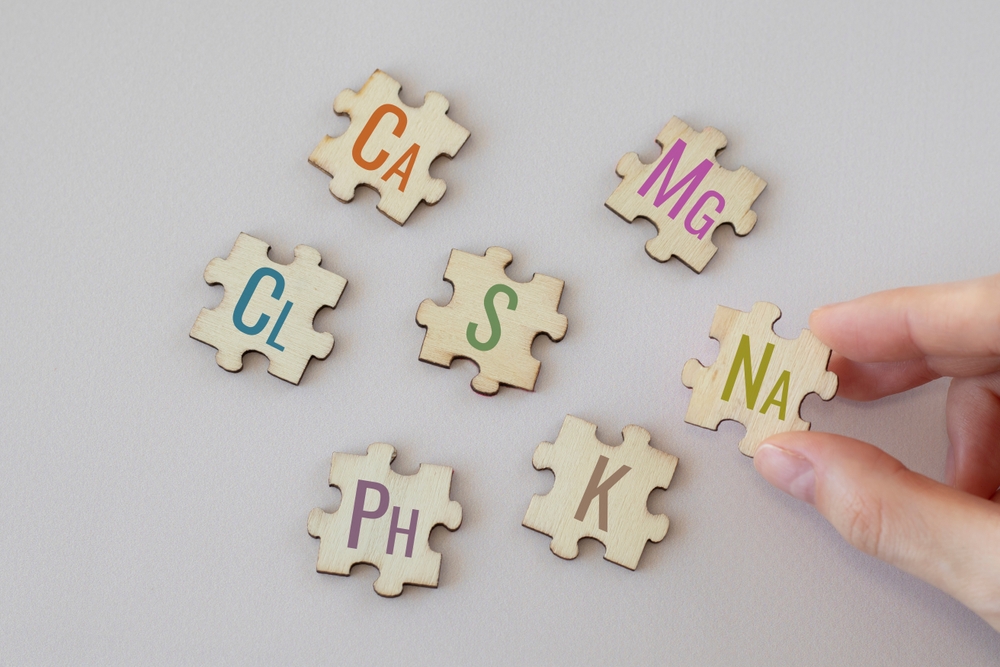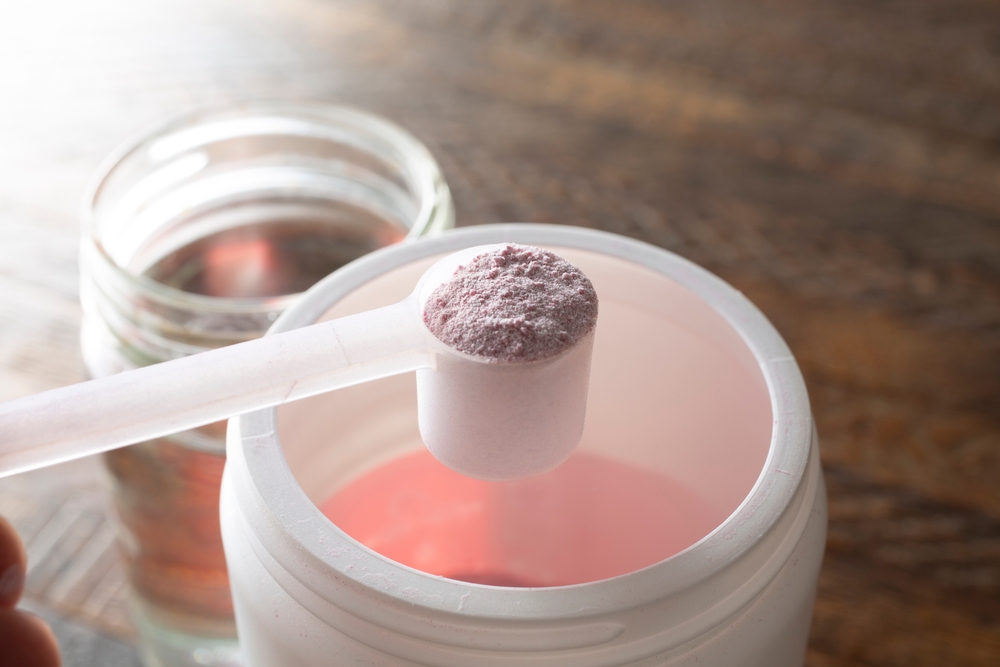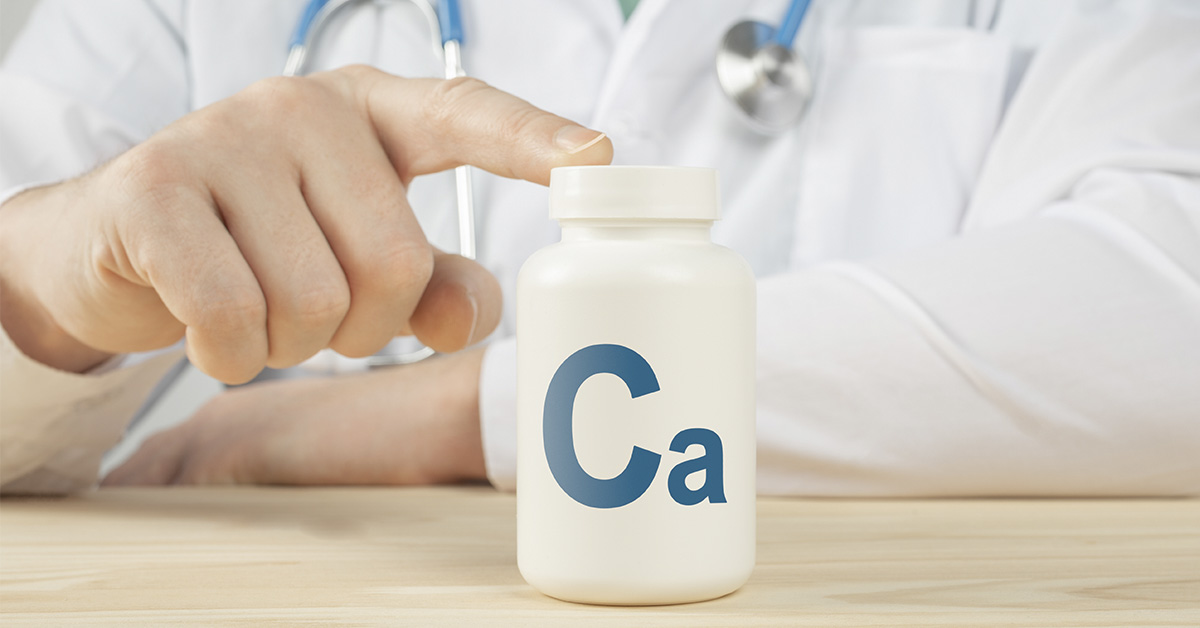Have you ever finished a long workout in really hot weather and felt weak and dizzy? Or how about after being quite sick? What you were likely experiencing is an electrolyte imbalance. Normally, a healthy, balanced diet including staying hydrated is all you need to keep your electrolytes in check. Sometimes, however, this isn’t enough. This is everything you need to know about electrolyte imbalance symptoms and what to do to fix it.
What Are Electrolytes?

There are certain minerals inside your body that are essential for vital functions – think organs, muscles, and more. These minerals are known as electrolytes. They create an electrical charge when they dissolve in bodily fluids such as blood and urine. This charge is what allows your muscles to contract and relax properly, your heart to beat, your digestive system to work, and so on. Your body both produces electrolytes and obtains them from foods, drinks, and supplements. They play a significant role in maintaining fluid balance, regulating heart rhythm, and supporting nerve and muscle function. This is everything you need to know about electrolytes, electrolyte imbalance symptoms, and how to correct and maintain a proper balance in your body.
Importance of Electrolytes

The body relies on electrolytes to perform important functions that both allow us to survive and also, if done well, thrive. These functions include:
- Sodium for fluid balance and nerve function
- Potassium for heart and muscle function
- Calcium for blood regulation and nervous system support
- Chloride for health blood levels and pressure
- Magnesium for nerve and muscle function
- Phosphate for skeletal system support
In order to function properly, these electrolytes all must maintain a specific balance in levels between them. If this balance is off, then the important functions listed above will be impaired. Depending on the severity of the imbalance, consequences can range from muscle cramps to a heart attack and even death. Understanding electrolyte imbalance symptoms and what can cause an imbalance is crucial to the maintenance of good health.
Read More: 8 Heart Healthy Supplements To Consider (and 2 To Avoid)
Factors Leading to Imbalance

There are several factors that can disrupt the body’s electrolyte balance. These can include certain health conditions, such as kidney disease, cardiovascular disease, dehydration, overhydration, and eating disorders. Some medications can also have a negative impact on electrolyte balance, including antibiotics and diuretics. Some people are more at risk of an imbalance than others. Infants and young children, as well as older adults, tend to have a higher risk than older children, teenagers, and younger to middle-aged adults. Individuals with conditions such as burns, cancer, or substance use disorder are also at higher risk. If you’ve recently been sick and experienced heavy vomiting and/or diarrhea, it’s likely that your electrolyte balance is off. Finally, those who practice intense exercise or sports, especially in more extreme climates, may also be at higher risk of dehydration leading to electrolyte imbalances if they don’t follow a proper hydration plan.
Electrolyte Imbalance Symptoms

Recognizing the signs of an electrolyte imbalance is crucial. While at first the imbalance may start mildly, it can become worse over time leading to serious health complications. Electrolyte imbalance symptoms may include:
- confusion
- irregular heartbeat
- muscle cramps
- fatigue
- headaches
- nausea
- numbness or tingling in the limbs.
If left untreated, an electrolyte imbalance can lead to complications such as seizures, coma, or sudden cardiac death.
Read More: Eat Bananas Every Day? Here’s What Happens to Your Body
Diagnosing and Treating Imbalance

In mild instances, a diagnosis isn’t necessarily needed – just awareness of the situation. For example, you’re training for an endurance event and just completed a long training session in hot weather, or you were fairly ill and experienced frequent vomiting, diarrhea, and were unable to eat and drink much. In these cases, drinking electrolyte replacement beverages, in combination with a healthy diet, should be sufficient to restore your balance. If you are not seeing improvements or are concerned that you may be struggling to maintain your electrolyte balance, then you should visit your doctor.
At The Doctor’s

Healthcare providers diagnose electrolyte imbalances through blood tests, such as an electrolyte panel, which measures levels of various electrolytes. The treatment will then depend on the severity of the case as well as its cause. It can involve rehydration through electrolyte drinks or oral rehydrations solutions, intravenous fluids or medications to restore balance, and in severe cases, hemodialysis to address imbalances caused by kidney failure.
Read More: The 8 Glasses a Day Myth: Here’s How Much Water You Should Drink Daily
Prevention and When to Seek Help

The best ‘treatment’ for electrolyte imbalance is to prevent it from happening altogether. Ensuring proper hydration status is crucial for maintaining healthy electrolyte levels, especially in cases of prolonged diarrhea, vomiting, or excessive sweating. If you are experiencing symptoms like changes in heart rate, extreme fatigue, dehydration, or confusion, it is essential to seek medical assistance as quickly as possible.
The Bottom Line

Maintaining a healthy balance of electrolytes is vital for overall well-being. By understanding the importance of electrolytes, recognizing potential causes of imbalance, and being aware of the signs and treatment options, individuals can help ensure their body’s electrolyte levels remain in equilibrium, supporting optimal health and function.
Read More: 16 Possible Side Effects of Magnesium To Be Aware Of

